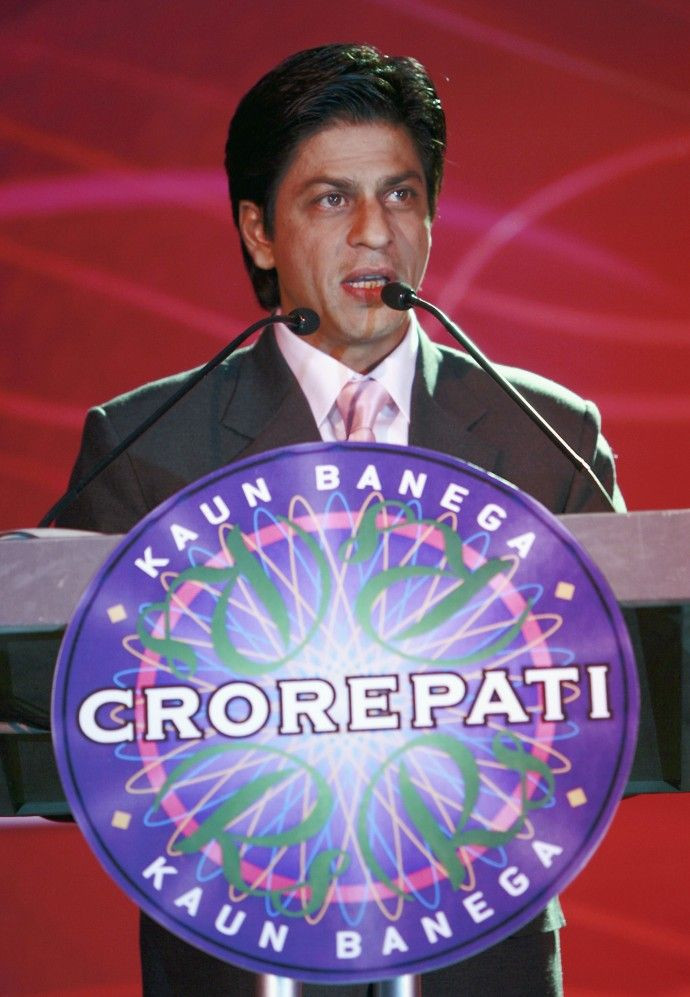Indian Women Hard-Pressed to Relieve Themselves

For an Indian man, the entire country is one easy-access urinal. Be it mustard fields, the national highway or the Himalayan foothills - unzipping, unleashing and relieving comes naturally to them. Indian women, unfortunately, do not enjoy the same privilege. For them, infinite patience is a survival skill and a big bladder a necessity.
Bollywood actor Shah Rukh Khan seems to empathise with the pain of the Indian woman. He wants to dedicate his life to building public utilities for women across India. I want dignity and respect to be brought to women, he said at an event in Mumbai.
It is a shame that the government has still not woken up to this disparity in India's infrastructure. Be it urban areas or villages, clean public toilets for women remain an alien concept in India.
A not-for-profit organisation, Sulabh International, has tried to address this gap by providing affordable sanitary facilities to masses throughout the country. But more needs to be done.
Suitable toilets is not just a matter of convenience, but also integral to the economic growth of the country. A World Bank report last year estimated that poor toilets and lack of hygiene cost India, Asia's third-largest economy, nearly $54 billion every year.
A further $10.7 million is lost in access time, the report said - time spent looking to access a shared toilet or open defecation site compared to having a toilet in one's own home.
Nearly 36 percent of schools in Maharashtra do not have separate toilets for girl students - forcing them to drop out of the education system early in life.
Perhaps it is time that the powers that be follow in Shah Rukh Khan's footsteps.
© Copyright Thomson Reuters {{Year}}. All rights reserved.





















